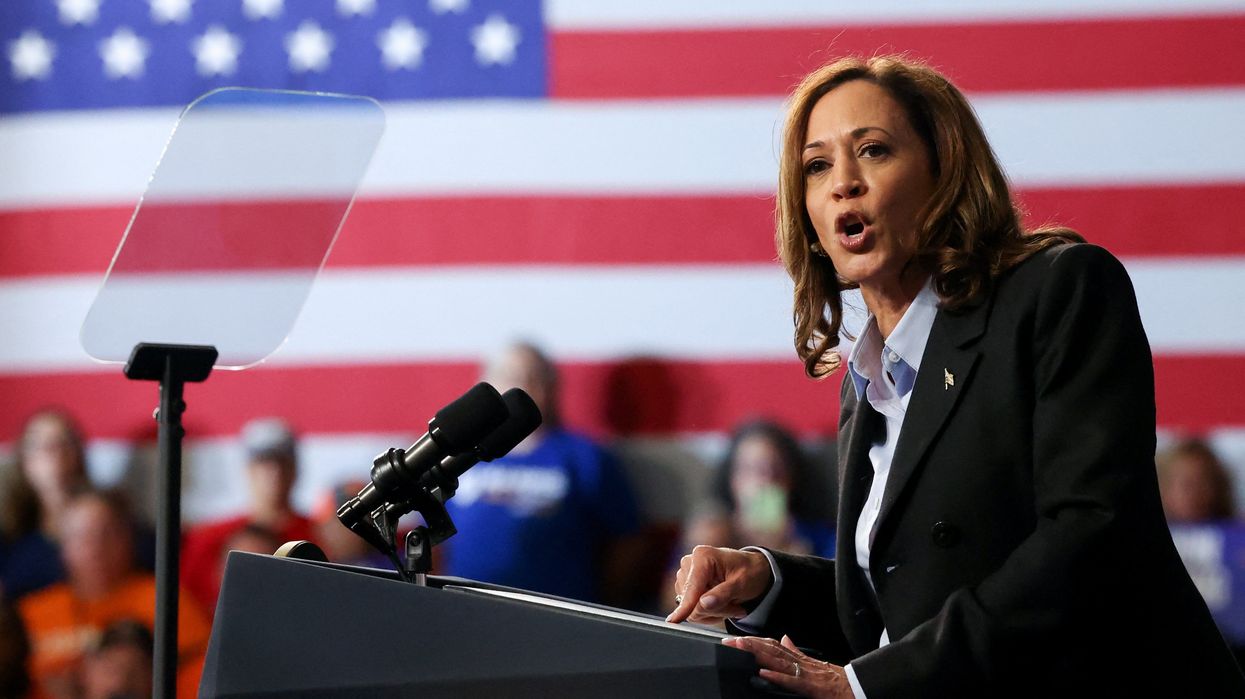From conflict to cooperation
Aisha Khan

AS we approach the 29th Conference of Parties to be held in Baku, Azerbaijan, the most important discussions will pivot around enhancing the Nationally Determined Contributions and the New Collective Quantified Goal. Both will require high-level political commitment with adequate financial cash flows and investments in policy and action to keep the people and planet safe. COP29, labelled as the COP of action and ambition, will be judged by how it uses the COP presidency to align enhanced NDCs with the vison of the Global Stocktake (GST) at COP28. The business-as-usual approach is not likely to achieve desired outcomes. The GST on energy at COP28 made clear the need for transitioning away from fossil fuels to renewable energy requiring member states to:
• transition away from fossil fuel in energy systems, in a just, orderly and equitable manner, accelerating action in this critical decade, in keeping with the science, and with developed countries taking the lead;
• increase global energy capacity threefold by 2030 and enhance the worldwide annual average rate of energy efficiency improvements twofold;
• eliminate inefficient fossil fuel subsidies that fail to tackle energy poverty or facilitate equitable transitions as swiftly as possible.
COP29 will mark the beginning of this journey spread over the next nine to 12 months when countries will be asked to submit enhanced NDCs aligned with the 1.5 degrees Celsius, including actionable energy transition targets and strategies, underpinned by robust implementation and investment frameworks.
Taking into account that 90 per cent of global emissions are derived from fossil fuels, the task will not be easy. It will be necessary to pair renewable and efficiency scale-up with fossil fuel phase-out, as despite an exponential rise in renewable energy, the use of fossil fuel has still not declined to safe levels. According to the Production Gap Report 2023, governments are planning on producing around 110pc more fossil fuels in 2030 than would be consistent with limiting warming to 2ºC.
The Global Stocktake on energy at COP28 made clear the need for transitioning away from fossil fuels to renewable energy.
The magnitude of the production gap is also projected to grow over time: by 2050 planned fossil fuel production will be 350pc and 150pc above the levels consistent with limiting warming to 1.5ºC to 2ºC respectively.
This places a big responsibility on the COP Troika to lead by example on transparency, high integrity, credibility and a robust monitoring mechanism for achieving net zero by 2040 for developed countries and by 2050 for developing countries. The COP Troika can restore hope and re-establish trust in the multilateral system by presenting the third cycle of NDCs (NDCs 3.0) that is fully aligned with all aspects of the GST decision at COP28, including mitigation, adaptation and loss and damage.
It will be equally important to disclose how voluntary pledges (Global Methane, Forest Declaration) and alignment with the SDGs and the Kunming Montreal Global Biodiversity Framework goals are integrated into NDC and tracked for implementation. The comprehensiveness, accuracy, consistency and comparability in completing the checklist while avoiding double counting as per Article 4.13 of the Paris Agreement will be the benchmark for evaluating the real success of COP29. The best way to demonstrate integrity for the COP Troika countries would be to show how national planning, governance and regulations are being developed to implement their NDCs.
As we continue to break guardrails accelerating our clash with nature, the political paradox at play is becoming both dangerous and worrisome. High level of hunger is predicted to continue for another 136 years in many developing countries. In Pakistan, food insecurity is projected to rise from 40pc to 60pc by 2050 with a 40pc stunting and 17.7pc rate of wasting.
Across the world, the demand for water is exceeding availability. Global water demand is projected to increase by 20-25pc by 2050 while the number of watersheds with predictable water supply will decrease by 19pc. Pakistan’s per capita water availability has gone down from 5000m3 to 906m3 with groundwater reserves near depletion.
The rapid decline in mass balance of cryosphere will accelerate sea level rise, jeopardising the lives and livelihoods of millions. As part of the Himalaya-Karakoram-Hindukush mountain range, Pakistan relies heavily on snow and glacial melt with a 1,050-kilometre long coastal belt exposing the country to both hydrometeorological disasters and acute water scarcity.
Gender disparity at the global level continues to deprive women of equal opportunity and access to resources. This year, Pakistan ranked 145 out of 146 countries in the Gender Parity Index, making the human capital disparity disturbingly stark.
The uptick in conflicts and disruption in supply chains leading to high inflation and mounting geopolitical tensions are adding to the brewing crisis, with no respite in sight.
In the backdrop of all the cataclysmic indicators, climate took a back seat at UN General Assembly this year to the deteriorating geopolitical context. The Pact for the Future at the Summit of the Future outlined 56 actions to turbocharge the SDGs and speed up progress on peace, security, global governance, climate change, digital cooperation, human rights, gender, youth and future generations.
The landmark declaration set out a promise for a revitalised world order but failed to state how it plans to translate lofty statements into realistic achievements.
The real test of intent behind diplomatically crafted language at multilateral and bilateral forums aspiring for peace and prosperity will require moving away from conflict to cooperation (C2C), recognising the need for working with each other for peaceful coexistence, investing in stabilising the climate and building a future on the principles of equity and justice.
The writer is chief executive of the Civil Society Coalition for Climate Change.
aisha@csccc.org.pk
Published in Dawn, October 23th, 2024









